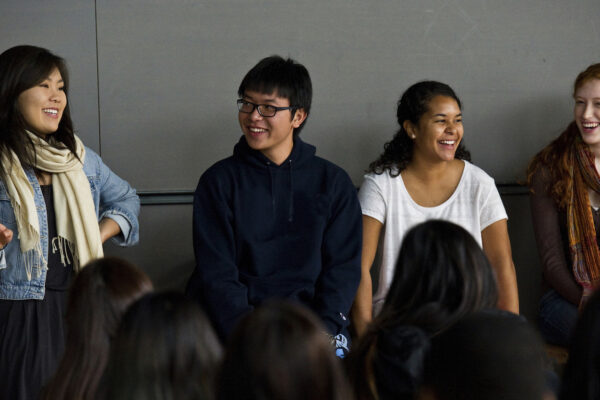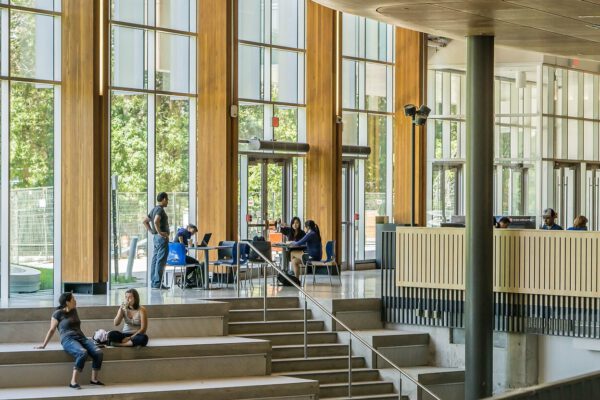By Walter Bumphus. Dr. Bumphus, president and CEO of the American Association of Community Colleges, is the recipient of the 2020 Reginald Wilson Diversity Leadership Award. The award is named in honor of Reginald Wilson, senior scholar emeritus at ACE and founding director of the Council’s Office of Minority Concerns, and is presented annually to an individual who has made outstanding contributions and demonstrated sustained commitment to diversity in higher education.
There is no doubt that the current circumstances have been challenging for everyone. The pandemic and all its associated implications continue to be difficult to navigate. As a community college, these issues seem exacerbated as our sector serves such a diverse population. In addition to the issues that we face as leaders, we take on the issues that our students face and work to eliminate the barriers that stand in the way of their success. With a pandemic, social unrest, fiscal upheaval, and operational uncertainties, it is no surprise that leadership can be overwhelming in times like these.
I was fortunate enough to see Hamilton on Broadway a few years ago. The story of a few friends that worked together to create a new nation despite overwhelming odds. The story itself wasn’t new but the way in which it was told certainly shifted the paradigm of history for me. Imagine people of color portraying the nation’s founding fathers and telling a tale that was centuries old in a way that was not only relevant but also inspirational and modern? There is a lesson to be learned from this creative and intentional portrayal of the nation’s founding.
I can’t help but think that today’s community college is much like the main characters. Coming together from different backgrounds and viewpoints to work toward something that was greater than the sum of its parts and that will endure for future generations. The parallels continue if you consider what they faced—a smallpox outbreak, a financial crisis, socio-economic inequities. The founding fathers didn’t know everything, but th ey knew that if they worked toward creating a just system of government that put the people first, they were heading in the right direction. Today, community colleges work toward creating a system of education that focuses on student success.
Creating a new system of government could not have been easy and history shows us that there were some contentious topics, critical conversations, and compromise on ways to accomplish their shared goal. If we put ourselves in their shoes, what would we do to create a more perfect community college?
The pandemic has brought with it a lens that allows for better vision of what is vital to student success. That lens is a gift and now is the perfect time to use it to rethink, redevelop, and re-explore how we provide education. Consider the systemic issues that you have long discussed but have not had the resources to change. Maybe it is the formula funding allocations in your state or developmental education programs that are no longer yielding pathways to student completions. It may be big things or small processes that you now know are not critical to the mission of delivering education to students. Whatever it is, now is the time to reconsider its effectiveness in your operation.
As you rethink your operations, class scheduling, and sanitization don’t overlook the things that may be hindering your students at the systemic level. Is there racial bias in your application processes? Does your college allow for the true inclusion of LGBTQ+ students? Are there transactional processes that hinder completion? Are your hiring practices reflective of the students and community you serve?
These questions are not new, but they certainly have come to the surface as colleges shifted their focus to provide remote classes to students and learned first-hand about what truly hinders student progress and success. Since 2012 when we embarked upon the mission to provide real data and reporting on the 21st Century Report on the Community Colleges, we have been working toward advancing student success. I am not diminishing the amazing work that has happened since then. Community colleges have been laser focused on increasing student success and are to be commended. But, we know our work is not done. We must continue to strive for student success for all students. We must continue to work toward a more perfect community college system. It is a not a goal that is attainable, it is now and will continue to be a work in progress—much like our nation. But it is great, and powerful and poised to be the hero of the next generation of students now more than ever before.
If you have any questions or comments about this blog post, please contact us.


